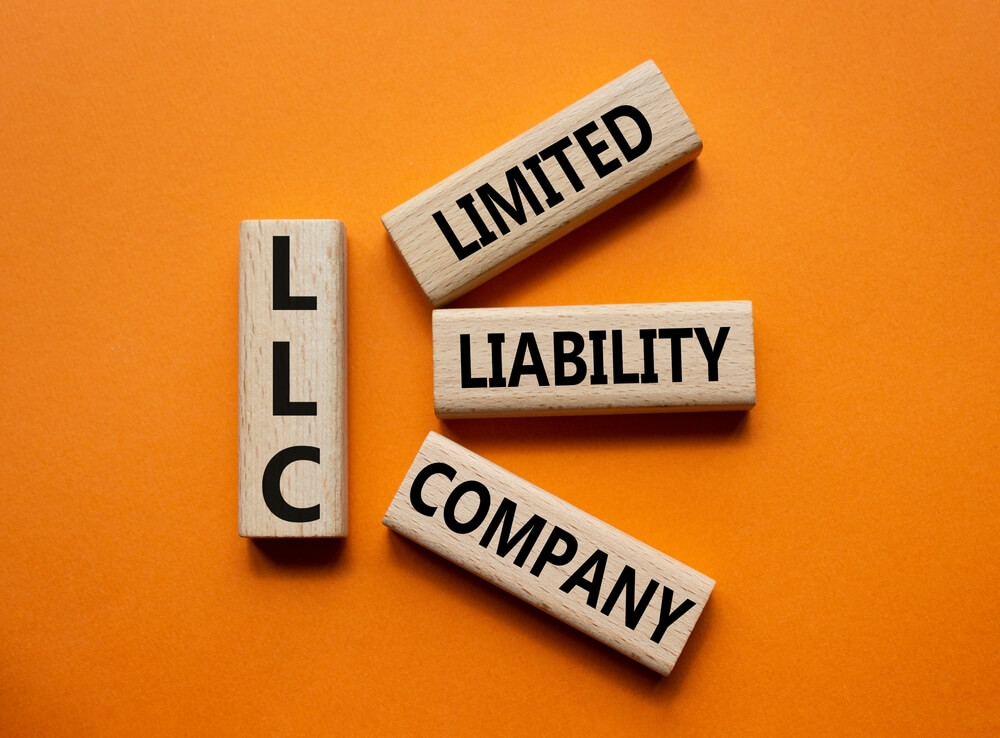Comparing and Contrasting Creating an LLC in Delaware, Wyoming, and Nevada

When it comes to forming a Limited Liability Company (LLC), the state you choose can significantly impact your business in terms of taxes, privacy, fees, and legal protections. Three of the most popular states for forming LLCs, especially for businesses that may not operate locally, are Delaware, Wyoming, and Nevada. Each of these states offers distinct advantages that can benefit different types of businesses depending on their needs and goals.
This article will compare and contrast forming an LLC in Delaware, Wyoming, and Nevada, considering key factors like taxation, privacy, costs, and legal protections.
1. Delaware: Business-Friendly and Flexible
Delaware has long been regarded as a top state for business incorporation due to its favorable legal environment and well-established business court system. While it is most commonly associated with large corporations, Delaware is also a favorable state for LLC formation.
- Business-Friendly Legal System: Delaware’s Court of Chancery is a specialized business court that focuses on corporate and LLC law, making legal disputes easier and faster to resolve.
- Privacy: Delaware does not require the disclosure of LLC members or managers in public records, providing a level of privacy for business owners.
- Flexible Operating Agreements: Delaware allows great flexibility in structuring LLCs through their operating agreements, which can be customized to suit the needs of the business.
- Franchise Tax: Delaware does not impose a franchise tax on LLCs. Instead, LLCs pay a flat annual LLC tax of $300. However, corporations formed in Delaware are subject to franchise taxes, which can vary depending on the company’s size and share structure.
2. Wyoming: Low Costs and Strong Privacy
Wyoming is an increasingly popular choice for LLC formation, particularly for small businesses and startups. Wyoming offers several unique advantages, including lower costs and a favorable tax environment.
- No State Corporate or Personal Income Tax: Wyoming is one of the few states that does not impose any state income tax on LLCs or individuals. This can be highly beneficial for businesses looking to minimize their tax obligations.
- Strong Privacy Protections: Wyoming offers some of the best privacy protections for LLCs. There is no requirement to publicly disclose the names of LLC members or managers, ensuring the anonymity of business owners.
- Low Fees: Wyoming has some of the lowest filing fees and annual maintenance fees in the U.S., making it an affordable option for LLC formation.
- Asset Protection: Wyoming provides strong asset protection for LLC members, including robust protections against creditors and liabilities.
3. Nevada: Tax Benefits and Legal Protections
Nevada is often seen as a business-friendly state, especially for companies looking to reduce tax burdens. While Nevada has many similarities with Wyoming, there are some important distinctions to consider.
- No State Corporate or Personal Income Tax: Like Wyoming, Nevada does not impose a corporate or personal income tax, making it an attractive state for business owners concerned about tax savings.
- No Franchise Tax: Nevada does not impose a franchise tax on LLCs, similar to Wyoming and unlike Delaware (which only imposes a franchise tax on corporations).
- Strong Legal Protections: Nevada offers strong asset protection laws, helping LLC members protect their personal assets from business liabilities.
- Privacy: Nevada also provides good privacy protections, with no requirement to disclose the names of LLC members or managers in public filings.
- Business-Friendly Courts: While not as specialized as Delaware’s Court of Chancery, Nevada’s courts are seen as favorable for businesses, providing a strong legal environment for resolving disputes.
Comparison Table: Delaware vs. Wyoming vs. Nevada
Here’s a breakdown of the key advantages of forming an LLC in Delaware, Wyoming, and Nevada:
| State | Advantages |
|---|---|
| Delaware | – Business-Friendly Laws: Well-established corporate law and courts experienced in handling business disputes (Court of Chancery). |
| – Privacy Protection: No requirement for members or managers to be listed in public filings. | |
| – No State Corporate Income Tax: Delaware doesn’t impose a corporate income tax on LLCs not operating within the state. | |
| – Flexible Operating Agreements: Allows more freedom in structuring your LLC’s operating agreement. | |
| – Fast Filing: Delaware offers expedited processing for LLC filings. | |
| – No Sales Tax: Delaware doesn’t have a sales tax. | |
| – No Franchise Tax for LLCs: Delaware LLCs are only subject to a flat annual LLC tax of $300 (as of 2023). Franchise taxes apply only to corporations. | |
| Wyoming | – No State Corporate Income Tax: Wyoming does not impose a corporate income tax or personal income tax. |
| – Strong Privacy Protections: Wyoming doesn’t require public disclosure of LLC members or managers. | |
| – Low Filing Fees and Annual Fees: Filing fees and ongoing costs (annual report fees) are among the lowest in the country. | |
| – Asset Protection: Offers strong protections for LLCs, including limited liability for members and protection against creditors. | |
| – Lifetime Proxy: Allows for appointing a lifetime proxy to protect privacy by allowing another person to vote on behalf of the LLC member. | |
| – No Franchise Tax: Wyoming does not impose franchise taxes on LLCs. | |
| Nevada | – No State Corporate Income Tax: Nevada doesn’t have a state corporate income tax or personal income tax. |
| – No Franchise Tax: No franchise taxes imposed on LLCs in Nevada. | |
| – Strong Asset Protection: Offers strong liability protection for LLC members, including shielding personal assets from business liabilities. | |
| – Privacy: No requirement to disclose LLC members or managers in public records. | |
| – Business-Friendly Courts: While not as specialized as Delaware’s, Nevada has a favorable legal climate for businesses. | |
| – No Information Sharing with IRS: Nevada does not have an agreement to share information with the IRS, offering a level of financial privacy. |
Choosing where to form your LLC depends on a variety of factors, including your need for privacy, tax savings, legal protections, and the cost of doing business.
- Delaware is ideal for businesses that need strong legal infrastructure, especially for larger enterprises or those seeking flexible LLC structures.
- Wyoming is a great choice for small businesses or startups looking for low costs, privacy, and asset protection.
- Nevada appeals to business owners interested in tax benefits, strong legal protections, and maintaining a certain level of privacy.
Each state offers significant advantages, and the right choice for you will depend on your business’s specific needs and long-term goals. Before making a final decision, it’s often wise to consult with a legal or financial advisor to assess which state aligns best with your business strategy.
Disclaimer
This article is intended solely to convey informational content and should not be construed as providing legal counsel. The views and expressions within this article are those of the author and have not been verified for accuracy or alterations in legislation by PhysicalAddress.com.



